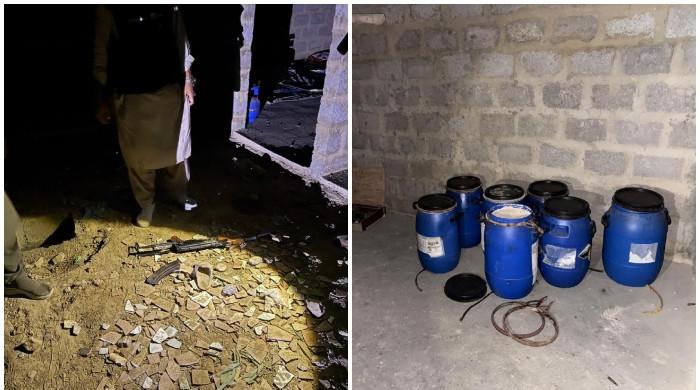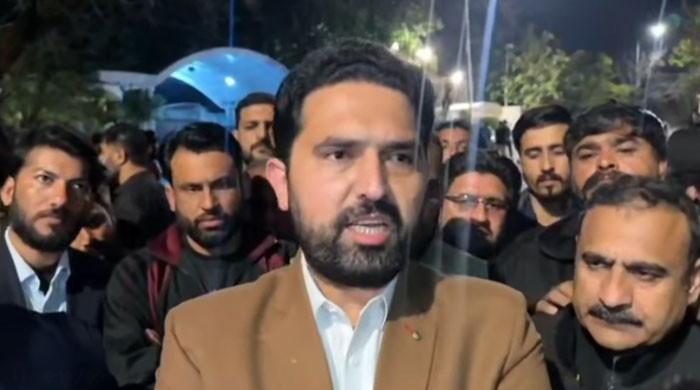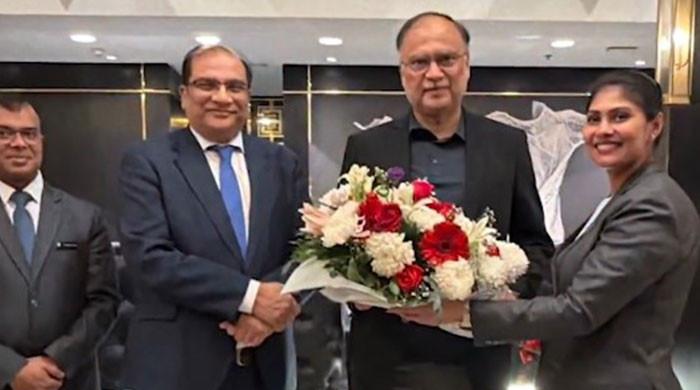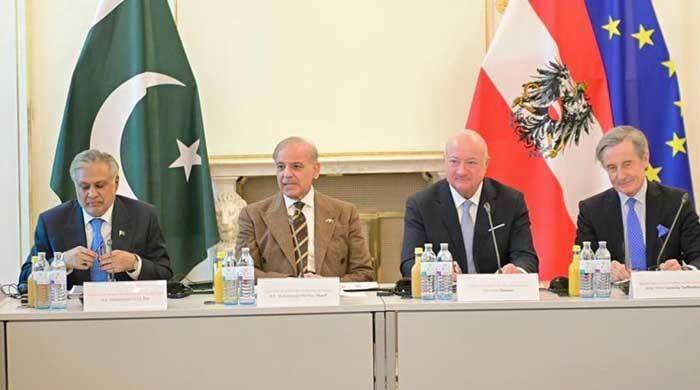New rules enable NCCIA to freeze properties
The rules have been sent to the agency for immediate implementation, says NCCIA DG Waqaruddin Syed
August 16, 2025

- DG approval mandatory for all asset freezing actions.
- Cybercrime agency to launch specialised financial fraud units.
- NCCIA to collaborate globally on cross-border investigations.
ISLAMABAD: The Ministry of Interior has officially notified a new set of rules for the National Cyber Crime Investigation Agency (NCCIA), significantly expanding its authority to address an increasing range of cyber offences across Pakistan, The News reported.
Confirming the development, NCCIA Director General Waqaruddin Syed said the updated framework has been dispatched for immediate enforcement. Under the revised rules, the agency now holds the power to freeze properties within the country — a major step in targeting financial crimes linked to cyber activity.
All property-freezing actions will require prior approval from the director general to ensure oversight. Additionally, the new framework allows the NCCIA to coordinate with international agencies on cross-border investigations, boosting its ability to dismantle complex, transnational cybercrime networks.
The NCCIA’s mandate includes conducting investigations under relevant sections of the Pakistan Penal Code. The agency will coordinate with sensitive institutions and provincial authorities to ensure a cohesive response to cyber threats nationwide.
To address specific and growing threats, the NCCIA will establish specialised units dedicated to combating online financial fraud and online child abuse.
Transparency and accountability remain key elements of the new regulations. All NCCIA personnel must wear uniforms, and a dedicated self-accountability unit will be established within the agency to supervise internal conduct and uphold ethical standards.
According to the regulations, investigations can be launched based on source reports, but all such inquiries require prior approval from the Director General, ensuring a centralised and controlled process.
The notification of these rules comes shortly after the NCCIA dismantled a significant cybercrime network operating out of Multan. The agency arrested the main suspect, identified as Arsalan from the Dunyapur area, who was allegedly part of a larger group that defrauded both Pakistani and foreign citizens.
The group used elaborate scams on WhatsApp and Facebook, luring victims with fake game shows, marriage proposals and foreign aid schemes.
Officials revealed that the gang would show victims fake videos of foreign currency to establish trust, then demand “tax” payments in exchange for promised financial backing—extracting millions of rupees.
The group also used fake profiles on matrimonial platforms to gain the trust of victims before executing fraudulent schemes.











